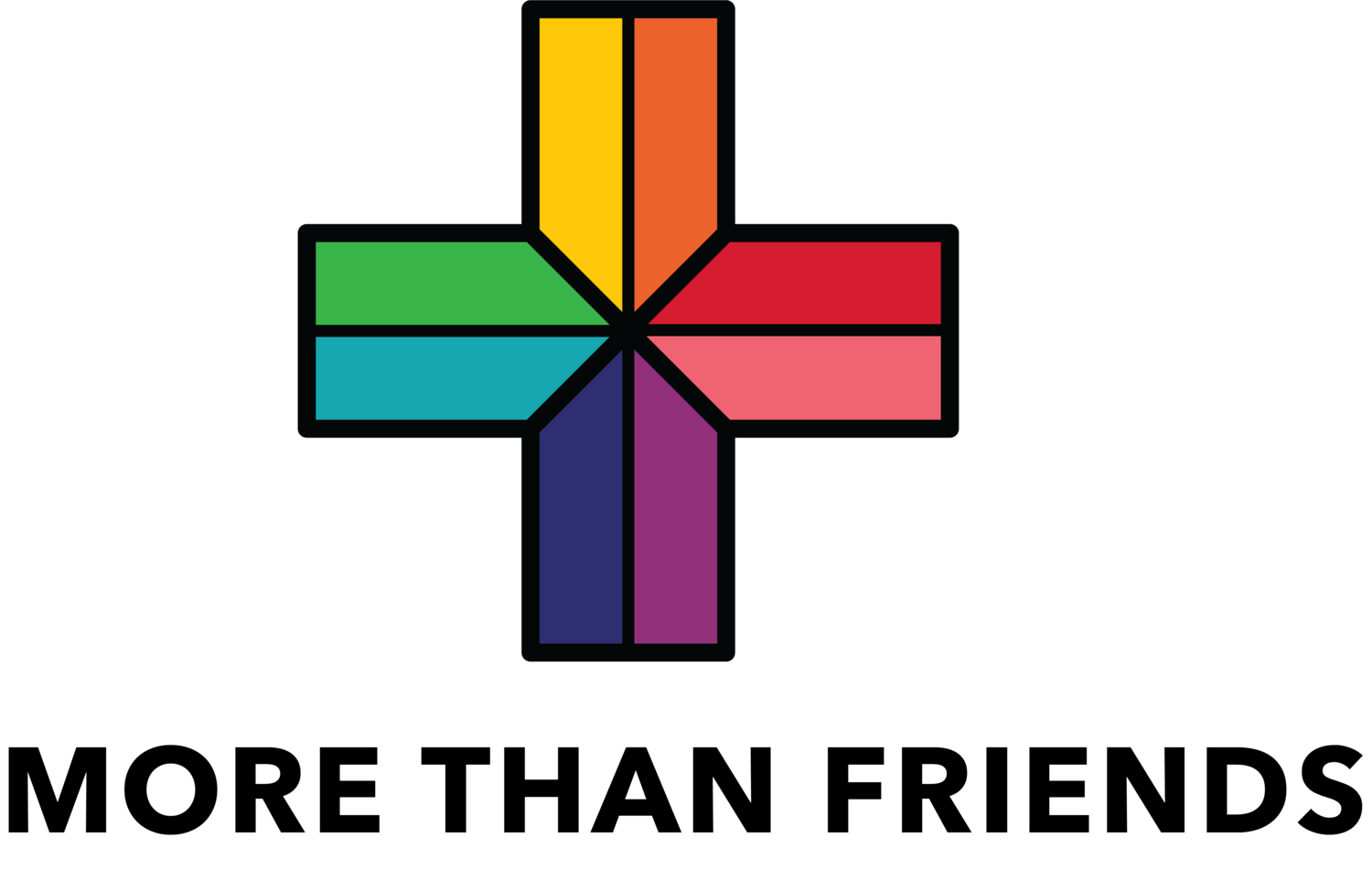The Trials of Democracy
Written by: Joshua Carreon
I have always appreciated that our republic was founded upon the principles of democracy, principles established in our constitution by the founding fathers, which have guided our nation since its inception. However, I believe that the founding fathers were keenly aware that the path of democracy would be a difficult one; An awareness perhaps best illustrated in an interaction Benjamin Franklin had shortly after the 1787 Constitutional Convention where he was met by a woman who asked the departing Franklin “Well, Doctor, what have we got—a Republic or a Monarchy?” to which he responded “A Republic, if you can keep it.”
“... if you can keep it.”
There would indeed be conflict. Even the 1787 Constitutional Convention was rife with argument; Argument over the bill of rights, the makeup of congress, how to count the population blacks, etc. Our presidential elections, with the exception of George Washington, have also been subjected to heated debate. One such example being the rivalry of John Adams and Thomas Jefferson who publicly debated the role of government and the power of the executive. However, during these early conflicts the principles of American democracy held firm and I would say that the conflicts did not break us, but rather strengthened us as a nation.
I would assert that one of the greatest liberties of our republic is that we elect our leader, an ancient practice which has most recently been exercised in 2016 with the election of Donald Trump. However, the election of Donald Trump was unexpected as this dark horse surprised everyone by overtaking the projected winner at the last moment. To vocalize their shock and dissatisfaction, many utilized their God-given right to free speech and took to the streets and airways, protesting and marching to make their voices heard. (1) Though I did not count myself among them, I was happy to see this response, as I view dissent and open debate as a vital part of our democracy. However, my pride quickly turned to worry as dissent seemingly devolved into resistance of the democratic process, as protests descended into riots, and as open debate degenerated into shouting matches.
Trump's campaign promises seemed to cause a degree of unrest while his election caused some to lose faith in America. Violent radical groups, such as Antifa, emerged as a result and began to incite violent attacks and riots in an apparent effort to oust or resist Trump (2). Antifa seemingly prefers to silence, disrupt, slander, and assault their rivals rather than debate them (3). I wholeheartedly condemn Antifa and their volatile tactics as they threaten what I believe to be the cornerstone of our democracy; namely civil discourse and honest open debate. It is my belief that the purpose of these tactics is to unleash a type of political Ragnarok, breaking the current establishment so that it may be reborn to be more in line with a certain set of values.
"If we fail to come together, I fear that a Ragnarok may well come..." - Carreon
Truthfully I am afraid of the situation we find ourselves in, where our system has stalled and faith in our process seems to have wavered. Our congress is hamstrung by stubborn partisanship. John Mccain put it best when he said “...And our arcane rules and customs are deliberately intended to require broad cooperation to function well at all. The most revered members of this institution accepted the necessity of compromise in order to make incremental progress on solving America's problems and to defend her from her adversaries...” If we fail to come together, I fear that a Ragnarok may well come and it may prove just as bloody and long as the last political apocalypse which blighted our lands 153 years ago. I would conclude by proposing this: it is healthy for a democracy to have dissent, but it is a truly a dark time if there is talk of resistance and revolution.
How do you feel about the state of our American Democracy? Do you agree with Josh and see resistance as an unproductive regression? Or, do you see revolution as a necessary mechanism for progress? Should we fear an impending "Ragnarok"? Share your thoughts in the comments below. We encourage you to engage in productive discussion with others.







